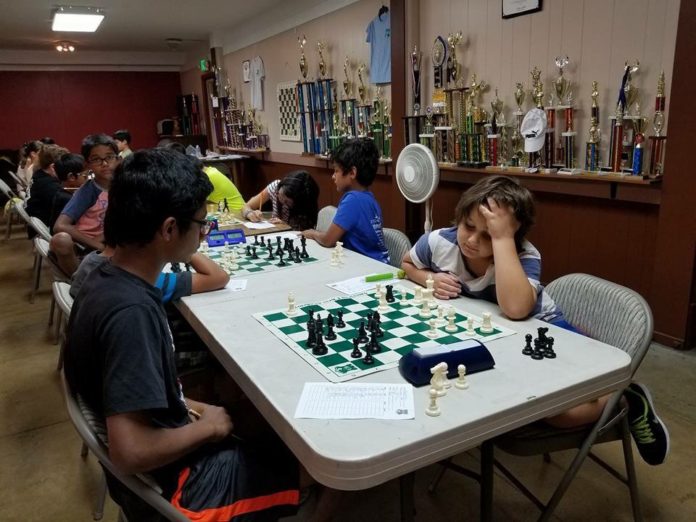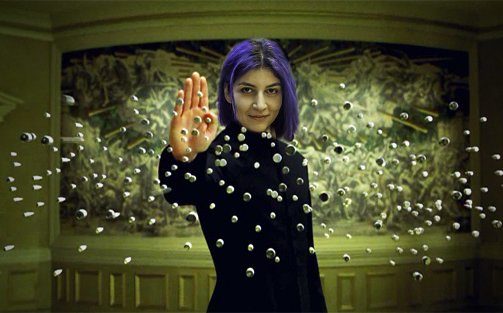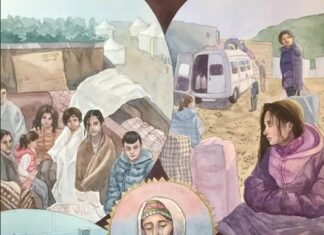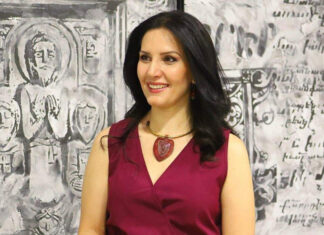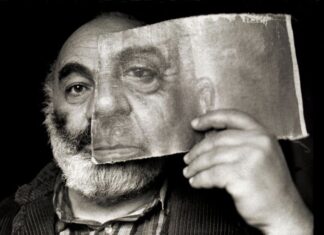GLENDALE, Calif. – Armenians have played chess since medieval times and the game is considered a national pastime. It is not a surprise that Armenians are active in the game in the Los Angeles area. One of the main institutions teaching chess there is called American Chess Academy. It was founded in 2008 in Glendale as a nonprofit organization by Armen Ambartsoumian, a former first head coach of the national chess team of the Republic of Armenia, and it has many Armenian coaches.
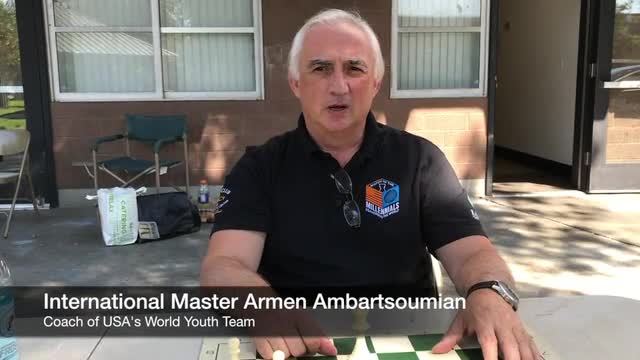
Over the years, the academy expanded, opening seven branches in the Los Angeles area in places like Pasadena, Burbank, North Hollywood, Van Nuys, Simi Valley and Calabasas, Thousand Oaks. A branch in Reseda eventually was closed. Ambartsoumian said that perhaps 70-80 percent of the students in Glendale were Armenian, 70 percent in North Hollywood, and 50 percent in Pasadena, but the more one went to the west the fewer Armenians.
The largest club, in Glendale, had somewhere between 130 and 150 students this year prior to the COVID-19 crisis.
Ambartsoumian said, “We had two goals. First was to introduce the game of chess to students, and through games, conduct an educational program and teach children to think. Second was sports success, since we have well known and respected trainers and good results.” The clubs produced many champions and became well known in the US. The youngest American grandmaster, Samuel Sevian, was a former student at the academy.
Ambartsoumian said they would organize five or six tournaments a year, with at least 200 people participating in each one. In addition to the students studying in classes or taking private coaching at the clubs or branches, the academy provided afterschool programs at 17 schools for more than 400 children conducted by 14 or 15 coaches. These were six-week programs in general, but every school was different.
There was one private school, the Laurence School, which itself paid for the lessons. Most of the schools were public ones at which the parents paid monthly tuition to the school, which would then pay the academy. Among the list of schools participating in the past are two Armenian ones, St. Gregory Alfred and Marguerite Hovsepian School in Pasadena, which had lessons for four years till 2019, and the Armenian Sisters Academy in Montrose.



